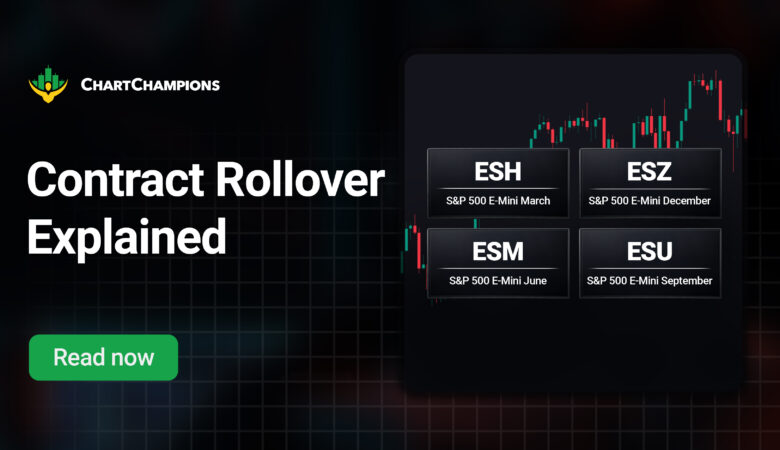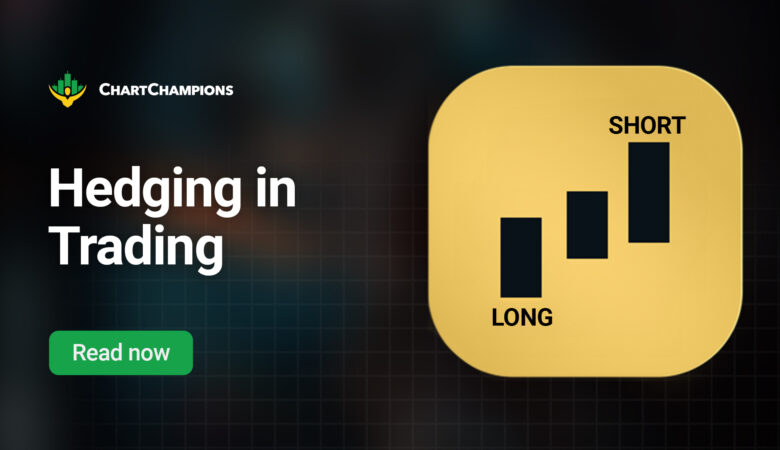Exploring the different types of trader is essential for anyone looking to trade the markets. From day trading to scalp trading, each style offers unique opportunities and challenges. These approaches are not just about strategy—they reflect different personalities, levels of risk tolerance, and time commitments.
Understanding the nuances of each trader type helps you align your methods with your goals and lifestyle. In this article, we’ll explore the characteristics, advantages, and drawbacks of swing trading, day trading, and scalp trading, giving you the tools to determine which approach best suits your journey in any market.
Types of Trader: Swing Trader
What Is Swing Trading
Swing trading is a medium-term strategy where you hold positions for several days to weeks to take advantage of price fluctuations. It’s all about spotting market trends and using technical and fundamental analysis to find the perfect entry and exit points.
Personality Traits Suited to Swing Trading
- Patient and Analytical: Swing traders must be patient and wait for the right time to enter and exit positions. Having the ability to analyse trends is helpful.
- Calm Under Pressure: The market can move up and down because positions are held for days or weeks. Swing traders should be emotionally stable and able to cope with volatility.
- Disciplined: Swing traders must stick to their strategies and not be swayed by short-term market noise.
Disadvantages of Swing Trading
- Exposure to Overnight Risks: Because swing traders hold positions for several days, they are exposed to overnight risks such as market gaps, earnings reports or geopolitical events that can cause unexpected price changes.
- Slower Returns: Swing traders typically don’t see the immediate results that day traders or scalpers do. Profits require patience to materialise.
- Requires Monitoring: Swing trading isn’t as intense as day trading, but it still requires regular monitoring of the market, especially when there are important events or news that could affect your positions
Swing trading is ideal for those who are patient and prefer a more methodical, less stressful approach. However, it’s not risk-free and traders must be able to tolerate market fluctuations and overnight risks.
Types of Trader: Day Trader
What is Day Trading?
Day trading is a way of buying and selling financial instruments within the same trading day. Day traders aim to make a profit from short-term price movements and typically close all positions before the market closes. They rely heavily on technical analysis, charts, and news events.
Personality Traits Suited to Day Trading
- Quick Decision-Maker: Day traders must be quick on their feet and able to make decisions quickly since they react to what’s happening in the market.
- Focused and Attentive: Day traders must be able to concentrate for long periods and pay attention to small price movements.
- Resilient and Risk-Tolerant: We all know that day trading can be a bit of a rollercoaster, with wins and losses coming thick and fast. Maintaining a strong, positive mindset helps you stay confident even when things don’t go your way.
Disadvantages of Day Trading
- High Stress: Day trading demands you to be prepared for its fast-paced and high-pressure environment.. It requires your full attention and the ability to handle pressure, which can be tough.
- Time-Intensive: Day traders usually have to give the markets their full attention for the whole day, which can be tricky for people with other full-time responsibilities.
- Transaction Costs: We all know that trading often can lead to high commissions, fees and taxes, which can eat into profits, especially for those who trade frequently.
- Emotional Strain: It’s important to take a step back and breathe sometimes. We all know that keeping an eye on the market and making quick decisions can be intense, and feeling a bit burned out from it all is normal. The intensity of the strategy can really take its toll on your emotional well-being.
If you thrive in high-pressure environments, make quick decisions, and have the time to dedicate to full-time trading, you could find day trading to be a great fit. However, it’s important to be aware that the high-stress nature and time commitment can be significant downsides, especially for those prone to burnout.
Types of Trader: Scalp Trader
What is Scalp Trading?
Scalp trading is a strategy that involves making multiple trades within minutes or hours to profit from tiny price movements. It’s a very short-term strategy, so it’s great for those who want to make quick profits. Scalpers are always on the lookout for small gains they can make repeatedly throughout the day. They usually trade in highly liquid assets, making it easy for them to enter and exit positions quickly.
Personality Traits Suited to Scalp Trading
- Highly Focused: Traders must concentrate and stay fully focused in the zone to engage in scalping.. They must fully immerse themselves in the market and spot opportunities as they arise.
- Fast Thinker: Scalpers must make quick decisions and get on with trades quickly. Staying calm is part of the process, but you must also be quick on your feet.
- Detail-Oriented: Scalping is about observing the tiniest price movements, so it’s important to be detail-oriented if you want to succeed with this strategy.
- Emotionally Detached: Scalpers quickly jump in and out of positions. They can’t afford to get too attached to any one trade.. It’s so important to stay calm and collected when you’re trading. That’s the best way to succeed.
Disadvantages of Scalp Trading
- Extremely High Stress: Scalping is a fast-paced trading strategy, which can be a lot to take in. We totally get it. Monitoring your trades and ensuring their execution is just right can be mentally exhausting.
- Low-Profit Margins: Since scalpers only target small price movements, they must make many trades to generate meaningful profits. This increases exposure to transaction fees and can reduce overall profitability.
- Time Commitment: It requires your full attention, so it’s not the best fit for a part-time commitment. Scalpers have to be glued to their screens throughout the trading session, which can be a bit limiting in terms of flexibility with their lifestyle.
- Risk of Overtrading: We all know that scalping’s fast pace can sometimes lead to overtrading. Traders often get caught up in pursuing small profits, but this can sometimes backfire and lead to larger-than-expected losses.
If you’re the type of person who loves a fast-paced environment and thrives under pressure, scalping could be for you. This strategy allows you to make quick decisions without becoming emotionally invested in each trade. While it can be really rewarding, it’s also one of the most demanding trading strategies in terms of both time and mental energy. The small profit margins can sometimes be a bit of a limitation.
Pros and Cons of Each Trading Style
Choosing the right trader type is a must. It’s not just about market knowledge but also about finding a style that suits your personality and lifestyle. Here’s a quick summary of the types of people best suited for each type of trader:
- Swing Trading is perfect for those who are patient, disciplined, and analytical. If you don’t mind slower returns but want to avoid the daily grind of monitoring the market, this is your ideal choice. However, swing traders must be aware of overnight risks and slower profits.
- Day Trading: If you make decisions quickly, thrive under pressure, and can dedicate your day to trading, this could be perfect for you. It comes with a few extra costs and can be quite an emotional rollercoaster. However, if you’re ready to make a full-time commitment, it can be a great fit for you.
- Scalp Trading: Ideal for highly focused traders and detail-oriented individuals who thrive on speed and precision. It can be a bit overwhelming at times, and there is a risk of overtrading or burning out, so taking care of yourself is important. Scalping also requires your full attention, and you might not profit as much as you’d like after fees.
Conclusions
In a nutshell, all types of trader have their own set of pros and cons. The good news is that there’s a strategy out there that’s perfect for you! All you have to do is choose one that not only aligns with your financial goals but also matches your personality, risk tolerance, and lifestyle.
Good luck and happy trading!

















